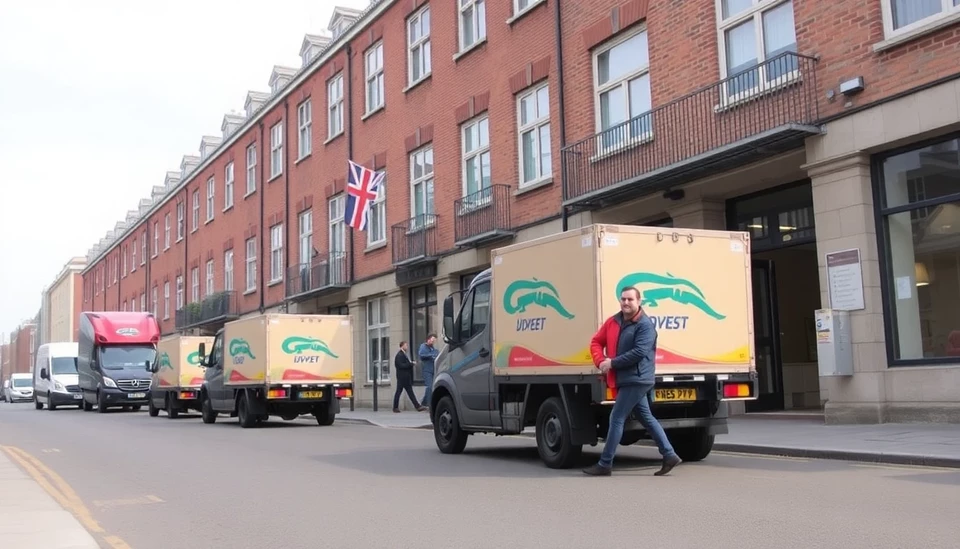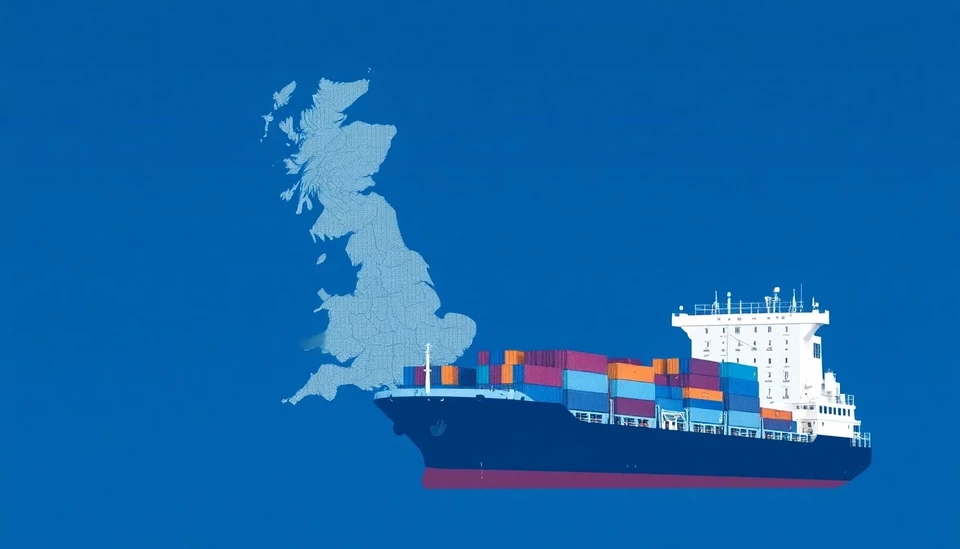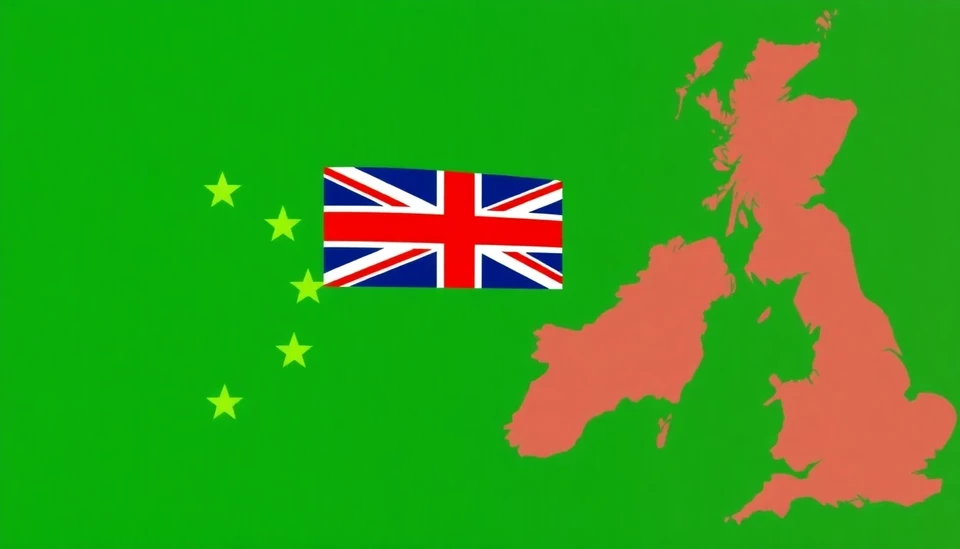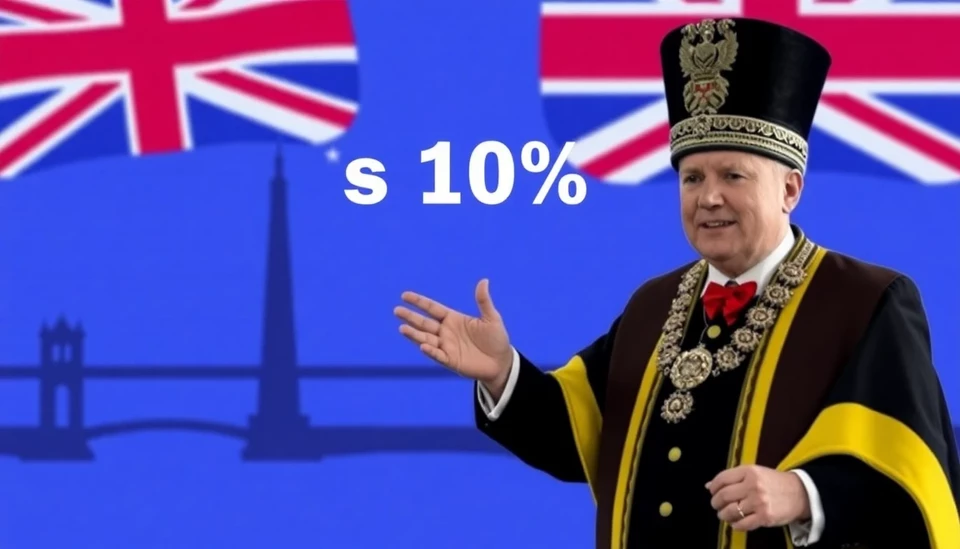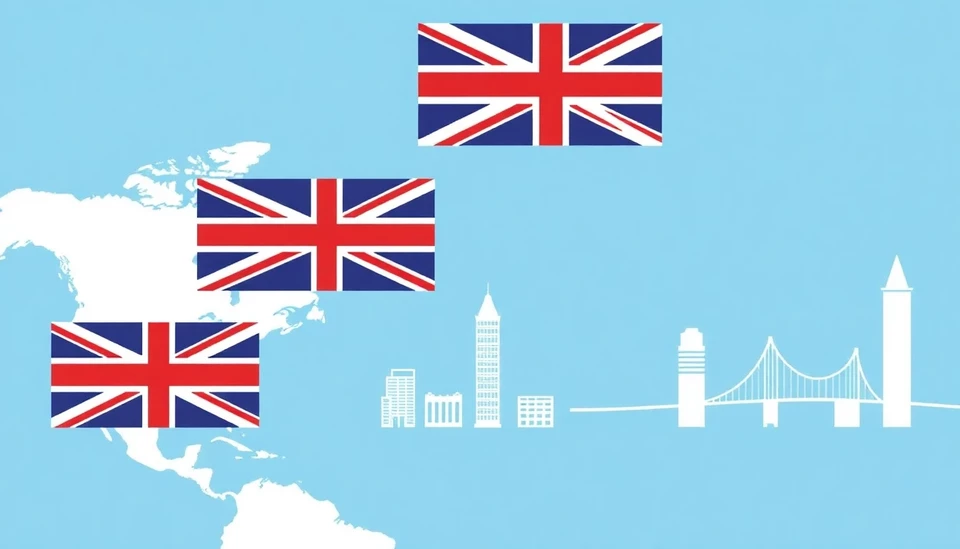
In a significant development echoing the concerns of the UK’s business community, various firms across the nation are voicing their demands for increased involvement in trade negotiations. This call to action comes amid fears of potential tariffs being imposed that could severely hinder their operations and competitiveness in the global market.
As the UK navigates its post-Brexit trade relationships, industry leaders are stressing the importance of being at the table during crucial discussions that shape tariffs and trade agreements. Many businesses, particularly in sectors such as agriculture and manufacturing, argue that they could suffer detrimental impacts from decisions made without adequate representation of their interests. These calls for engagement highlight a growing unease about the ongoing changes in trade policy and the barking threats of tariffs that could impede growth.
Several prominent trade organizations have joined voices, advocating for a new approach to trade talks that prioritizes the inclusion of UK firms. They argue that their expertise and on-the-ground insights are essential for fostering deals that not only promote global trade but also safeguard local industries from unfavorable conditions. The organizations stress that without robust representation, many sectors could face increased costs and reduced market access, leading to broader economic repercussions.
The appeal comes at a critical time when global economic uncertainties are already affecting industries around the world. With inflationary pressures and supply chain disruptions becoming increasingly common, UK firms are particularly wary of additional trade barriers that would complicate their recovery efforts. Many have expressed concern that tariffs could make it harder to compete, particularly against businesses from countries with more favorable trade terms.
Industry leaders are hopeful that the UK government will heed their calls for a more collaborative approach to negotiations, emphasizing that inclusion is not merely advantageous but necessary. They suggest that a transparent dialogue could lead to trade agreements that are strategic, equitable, and beneficial for both the UK economy and its international partners.
As industry demands come to the forefront, the landscape of UK trade policy continues to evolve. Stakeholders are watching closely to see how responsive the government will be to these concerns, and whether a more inclusive approach will take shape in upcoming negotiations.
This situation marks a telling moment for the UK’s business climate as firms rally for their stake in defining the future of trade in an era marked by uncertainty and rapid change. The outcome of these discussions could have lasting implications for the country’s economic stability and growth trajectory.
#UKTrade #Tariffs #BusinessConcerns #PostBrexit #TradeNegotiations
Author: Daniel Foster
